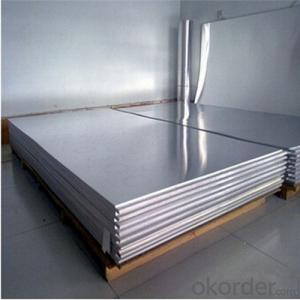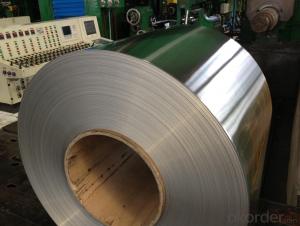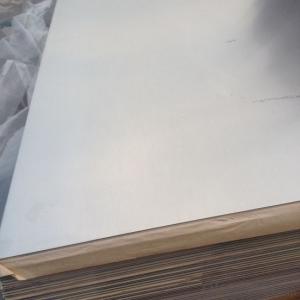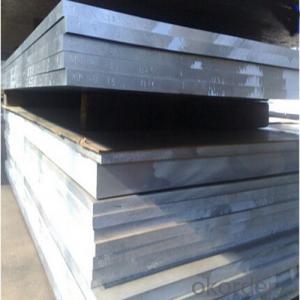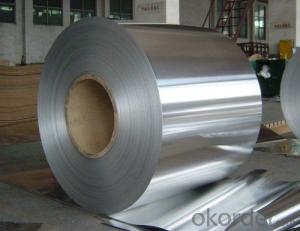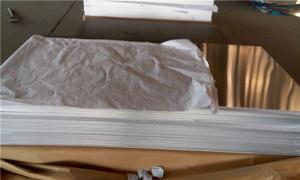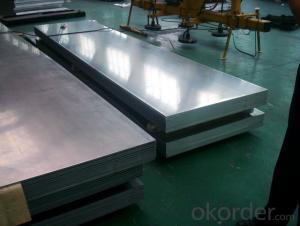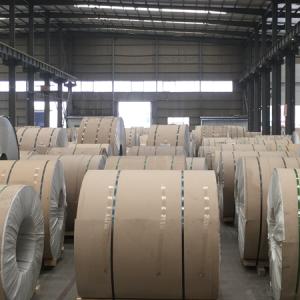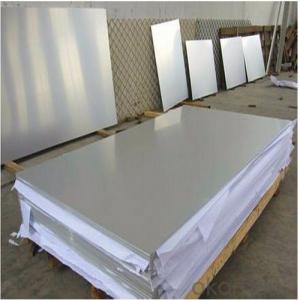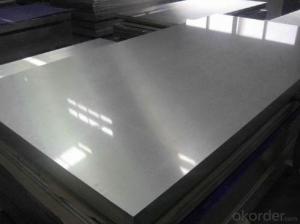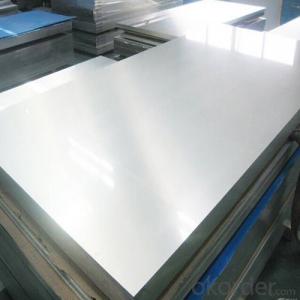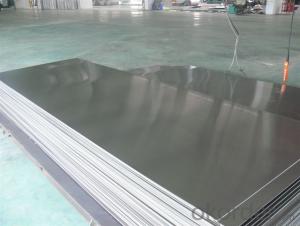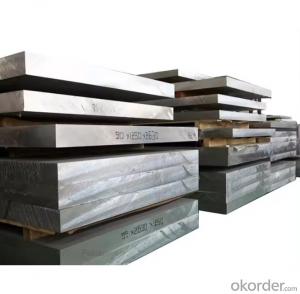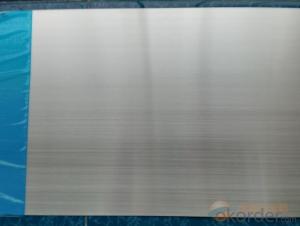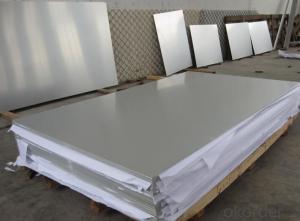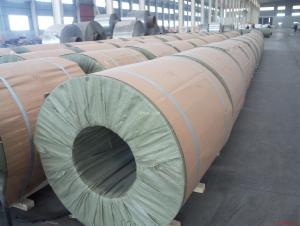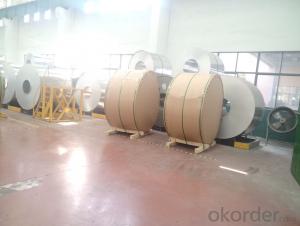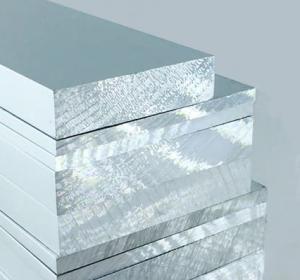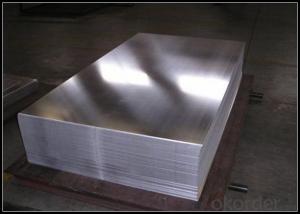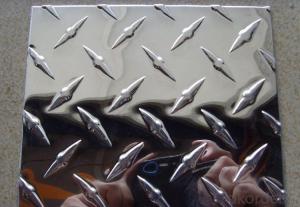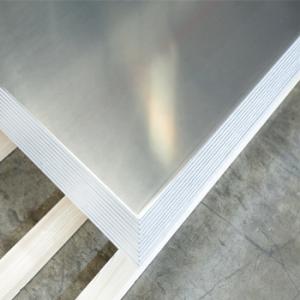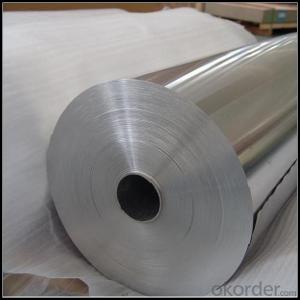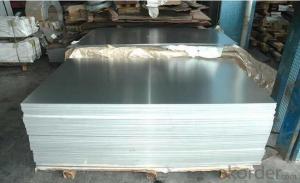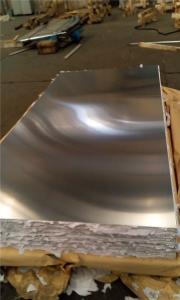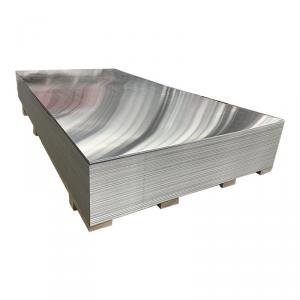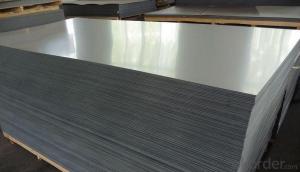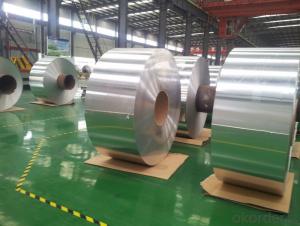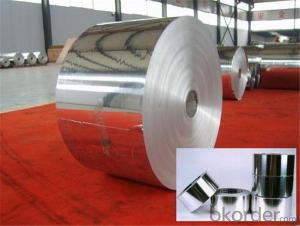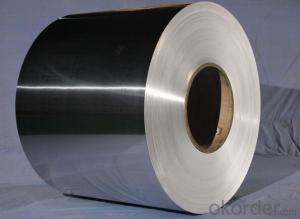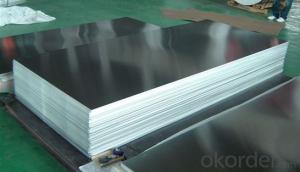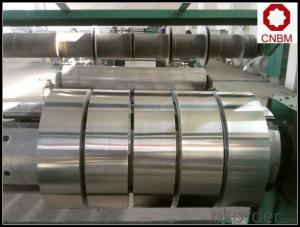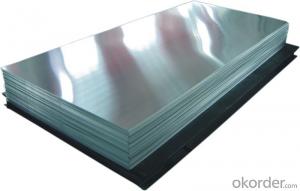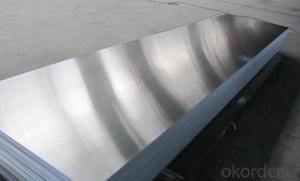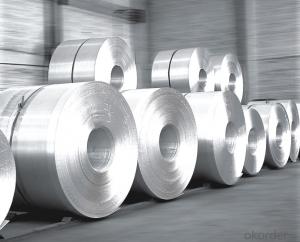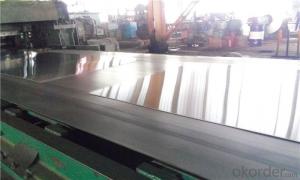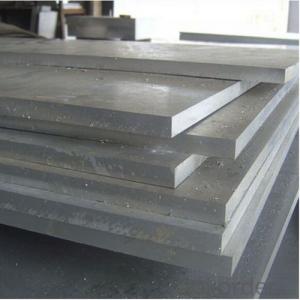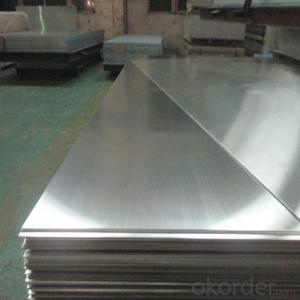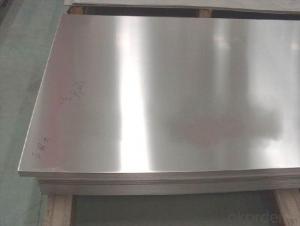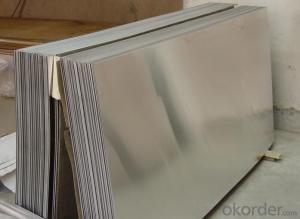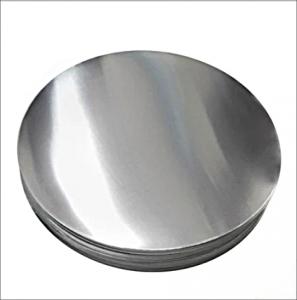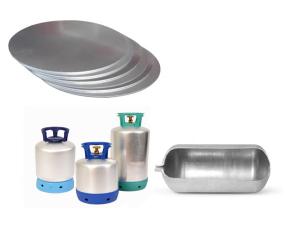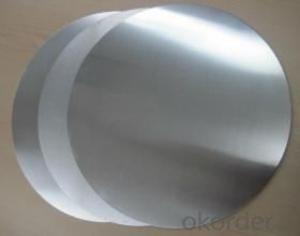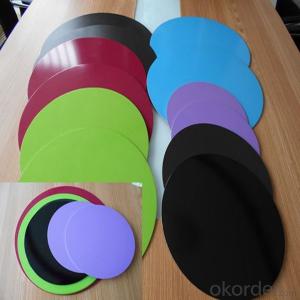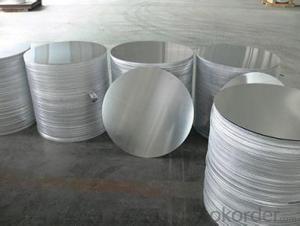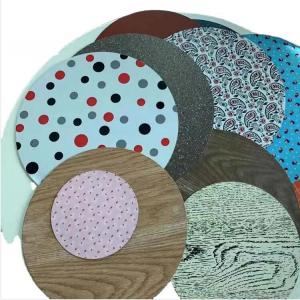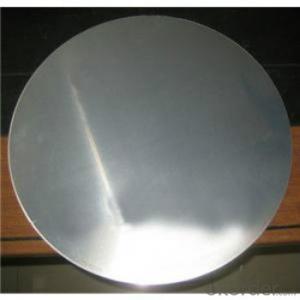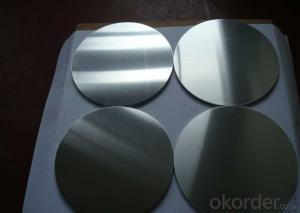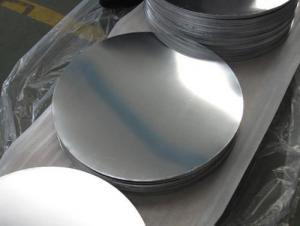5083 H116 Aluminum Plate
5083 H116 Aluminum Plate Related Searches
5083-H116 Aluminum Plate 5086 H116 Aluminum Plate 5086-H116 Aluminum Plate 5086 Aluminum Plate 5083 H32 Aluminum Plate 5083-H32 Aluminum Plate 5456 H116 Aluminum Plate 5083-H321 Aluminum Plate 5083 H321 Aluminum Plate 5456-H116 Aluminum Plate 5086 H32 Aluminum Plate 5083 0 Aluminum Plate 5083 Cast Aluminum Plate 5083 Aluminum Armor Plate 5083 Aluminum Plate Supplier 5086 Aluminum Plate Suppliers 5083 Aluminum Plate Prices 5086 Aluminum Plate Prices 5086 Aluminum Plate Distributors 5052 H32 Aluminum Plate 5052-H32 Aluminum Plate 5052 Aluminum Plate 5052 0 Aluminum Plate 1060 Aluminum Plate 5454 Aluminum Plate 5754 Aluminum Plate 5005 Aluminum Plate 5456 Aluminum Plate 5 16 Aluminum Plate 1/4 5052 Aluminum Plate5083 H116 Aluminum Plate Supplier & Manufacturer from China
5083 H116 Aluminum Plate is a type of aluminum alloy plate known for its excellent corrosion resistance, weldability, and formability. This specific grade of aluminum is widely recognized for its high strength-to-weight ratio and is commonly used in various industries due to its versatility. The 5083 H116 Aluminum Plate is particularly favored in applications that demand high strength, such as marine environments, transportation, and construction, where its resistance to corrosion and ability to withstand harsh conditions make it an ideal choice. Okorder.com is a reputable wholesale supplier of 5083 H116 Aluminum Plate, offering a vast inventory to cater to the diverse needs of clients across different sectors. With a commitment to quality and customer satisfaction, Okorder.com ensures that the 5083 H116 Aluminum Plate they provide meets the highest industry standards, making them a reliable source for this essential material.Hot Products
